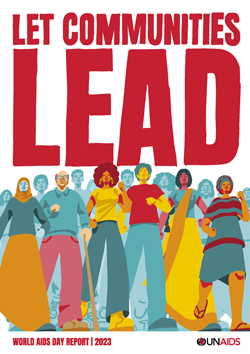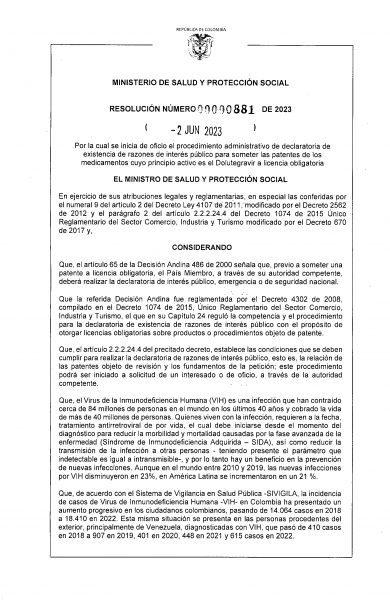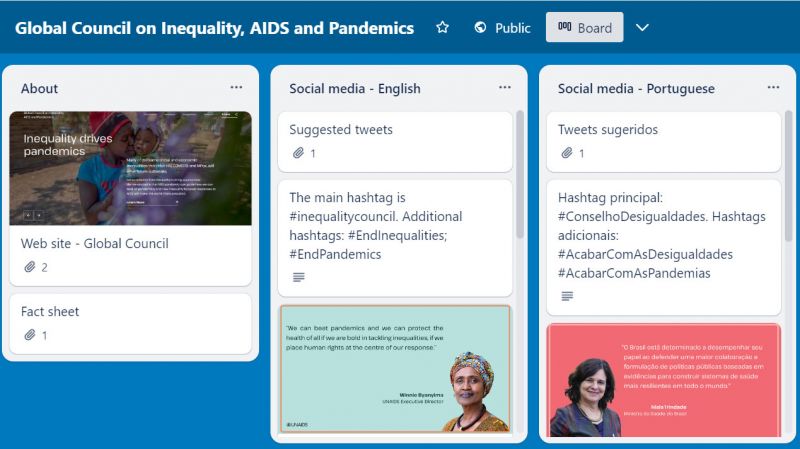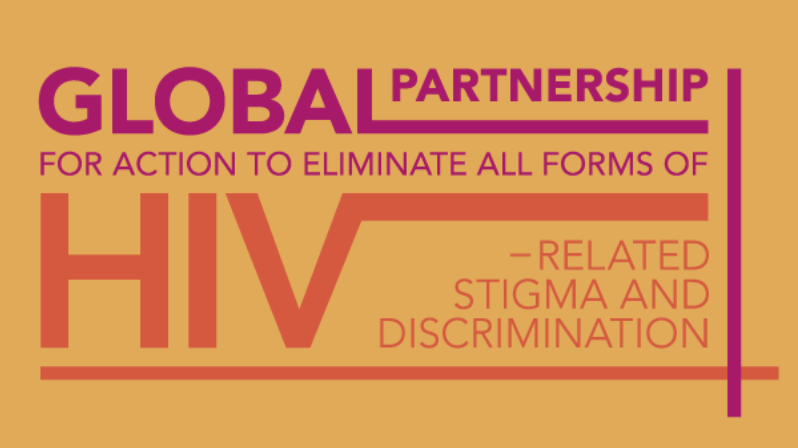As millions of people around the world march in the streets of several big cities this month of June to celebrate and honor Pride Month, in Guatemala, over 200 LGBTIQ+ people in human mobility - applicants for refugee or asylum status or nationals and foreigners in transit – and in need of protection find every year in Asociación Lambda their reason to celebrate pride and life through psychosocial care, legal support, medical follow-up and the provision of a shelter or a safe space to be who they are.
Roberto Gonzales*, a Colombian migrant, is one of them. Like hundreds of thousands of other migrants, he overcame the exhausting experience of crossing the Darien Gap, a journey in which the dangers include natural hazards and criminal gangs known for inflicting violence, including sexual abuse and robbery. According to statistics from the Government of Panama, from January to April 2023, a record number of 127,000 people crossed the Darien.
Unlike many people who go after the American dream, Gonzales wants to stay in Guatemala because the country has a lot to offer. "LAMBDA, for me, is a unique platform of empowerment. They listen to you; they invite you for training twice a month", he says. "Through Lambda, I have formed a network of friends and support. One should not forget the importance of mental health if we want to move forward."
Asociación Lambda works to improve the livelihoods of this marginalized group by providing technical assistance to community groups in management, governance, leadership, and entrepreneurship skills. Lambda's activities strengthen community organizations through education and training and build action and peer-to-peer learning networks.
Andres Martinez*, from Nicaragua, is thankful to Lambda for their support in successfully processing his refugee claim. In his country, he was persecuted for being a journalist and suffered violence in his community because of his sexual orientation. "It is difficult to reinvent oneself in another country, but my favorite color is green, the color of hope, because I hope one day to return to my country," says Martinez. "Here, at Lambda, I felt supported by a brother. One feels very safe with the staff. The shelter is my second home."
As in many parts of the world, LGBTQI+ people in Central America face a complex reality that exposes them to different forms of violence and discrimination and puts their physical integrity at risk, limits their life options, often forces them to flee their homes, and, in some cases, to escape their own countries. The National LGBTIQ+ Human Rights Observatory, which Lambda coordinates, documented at least 29 violent deaths of LGBTIQ+ people in 2022 in the region, killed for reasons allegedly related to their sexual orientation, gender identity, and gender expression.
As part of the LGBTIQ+ Pride Month activities, Lambda opened the doors of its shelter to a United Nations delegation in Guatemala led by the Resident Coordinator Miguel Barreto for an exchange with migrants hosted and receiving care in their safe space. "I came away from the dialogue more human and supportive, and convinced of the centrality of the United Nations commitment to end discrimination and exclusion, reduce vulnerabilities, and promote the human rights of every human being," said Barreto after the visit and the dialogues.
Along with UNAIDS, several UN agencies, funds, and programmes, like the United Nations High Commissioner for Refugees (UNHCR), the International Organization for Migration (IOM), and the Office of the High Commissioner for Human Rights (OHCHR), have joined forces to support Lambda in different fronts hosting, sheltering and supporting LGBTIQ+ migrants and those in transit or in need of protection.
"Before coming to Lambda, very few of our clients had had sufficient access to information about HIV risks and prevention, many of them are victims of sexual crimes, and it is only when they arrive at Lambda that they are offered information and testing free of charge," explains Carlos Valdés, Director of Lambda. "Some people were already aware of their HIV diagnosis but did not know how to access care services."
Globally in 2021 gay men and other men who have sex with men have a 28 times higher risk of acquiring HIV than the rest of the adult (15-49) male population, and among transgender women, the risk is 14 times higher than adult women (15-49) in the general population
Among over 200 people who came to Lambda in 2022, 19% of the men and 17% of the women lived with HIV.
"The vast majority of these people were trans women and gay men, mainly from Guatemala, Honduras, Venezuela, and Nicaragua," explains Marie Engel, UNAIDS Representative for Guatemala, Nicaragua, and Honduras. "We know that these situations of stigma, discrimination, and violence create barriers to accessing health services, including HIV. We must recognize the greater vulnerability of the LGBTQI+ community to HIV and support their right to health and dignity."
*All names of Lambda beneficiaries in this report have been changed for people’s safety.








